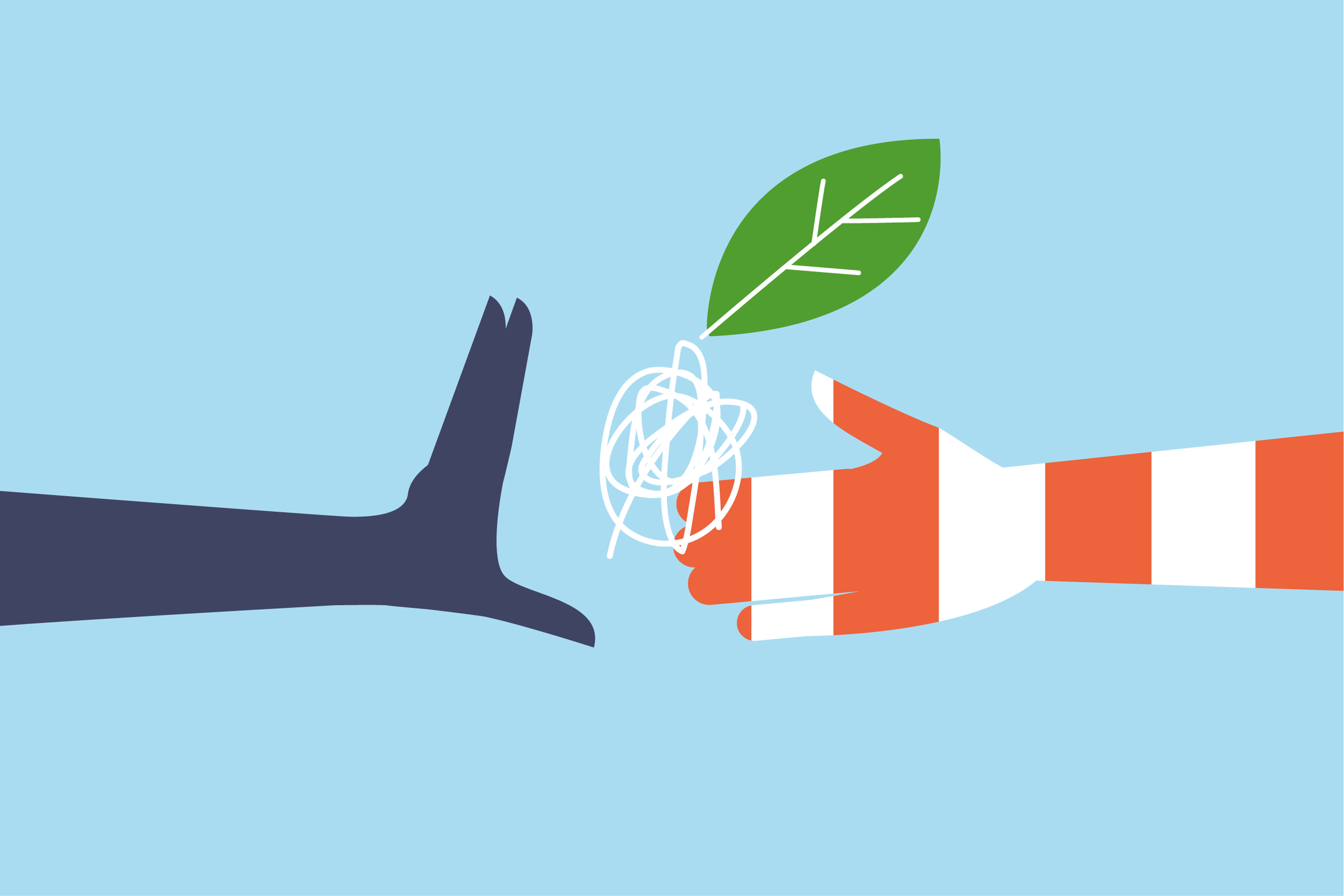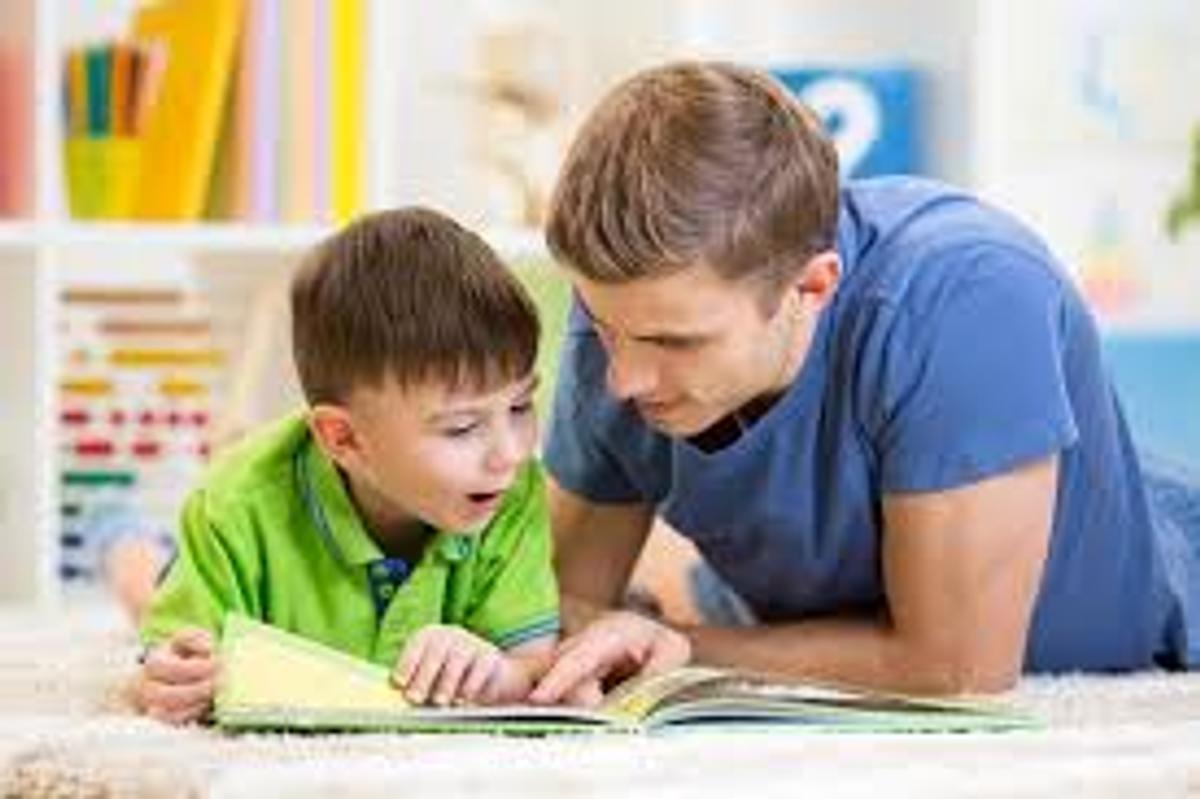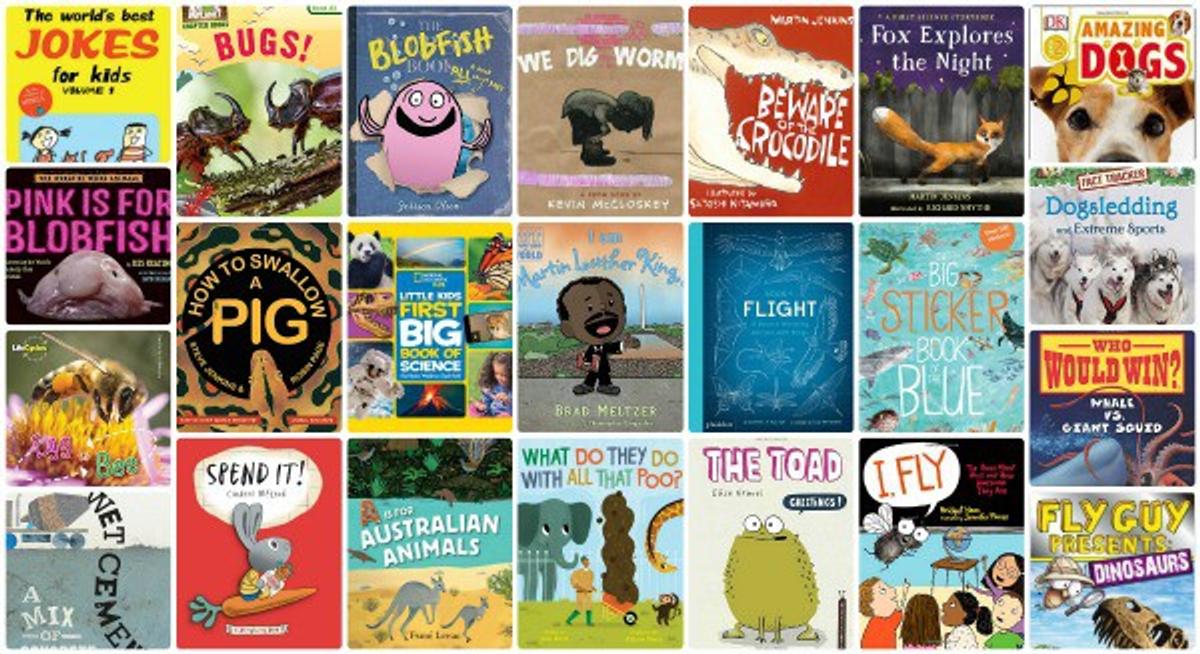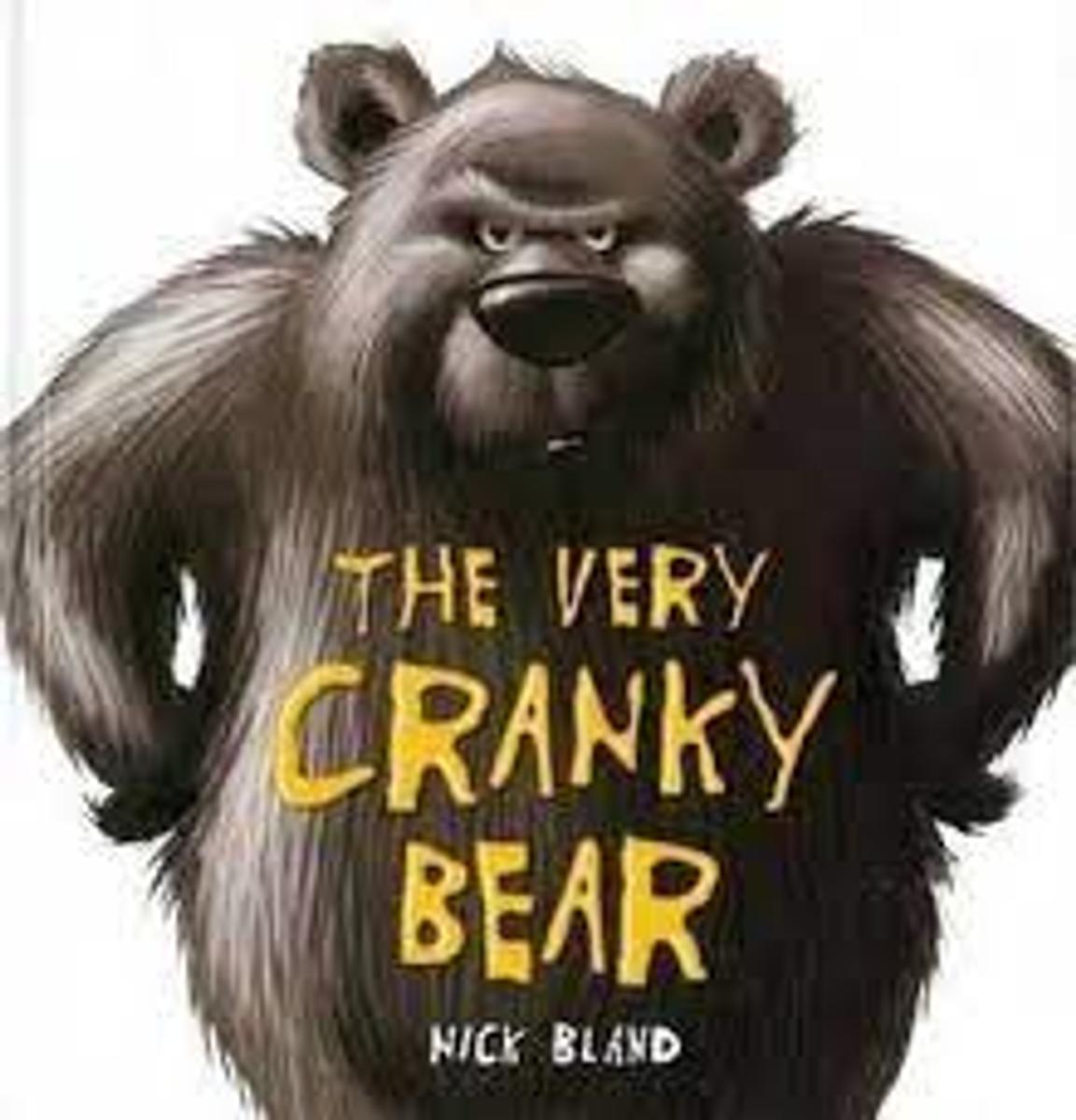Literacy and Numeracy News
BE INVOLVED, BE CONNECTED

Literacy and Numeracy News
BE INVOLVED, BE CONNECTED
Parents hear it all the time: it’s important to read to your children. But why exactly is that? And does it matter how — or when, or what — you read to them?
It makes sense that being read to would help children learn to read themselves, and it’s true that being read to supports that crucial learning process. But the benefits of reading together for children and for parents, go far beyond literacy.
Research shows that young children whose parents read to them daily have been


exposed to at least 290,000 more words by the time they enter kindergarten. All that exposure likely makes it easier for kids to expand their vocabularies and understand the variety of texts they’ll need to read as they get older, both inside school and out.
Reading also helps children build a wide base of background knowledge which is especially helpful at school. Children learn some of this from the books themselves, and some from talking about what they have read. With more general knowledge whether it’s about geography, transportation, nature, or countless other topics, children have more context for the information they encounter at school and an easier time learning about new topics.


Aside from language and literacy, reading is also an important tool for helping children develop empathy. As children read books about people whose lives are different from their own, they gain an appreciation for other people’s feelings, as well as other cultures, lifestyles, and perspectives.


Books can also help children learn how to handle their own feelings in healthy ways. Seeing characters in books experience big emotions like anger or sadness lets kids know that these feelings are normal — and gives them a chance to talk about their own difficult feelings, too. Reading time can be used as opportunity to foster children’s’ emotional awareness and build their toolkits for handling feelings: “Have you ever felt as angry as the girl in this book? What would you do if you did?”
As important as reading together is, it doesn’t have to be a perfect, do what works for your family. Anytime your child is hearing language and connecting with you make a difference.
Johanne Abbott
Learning Specialist / Yr 5/6 Teacher